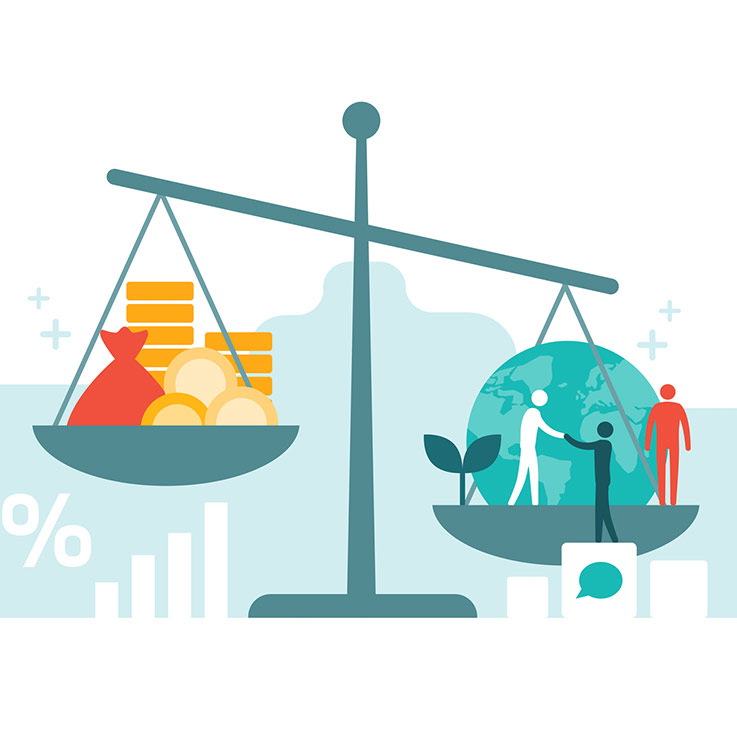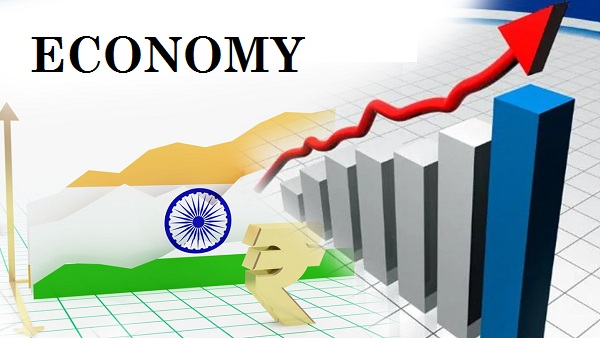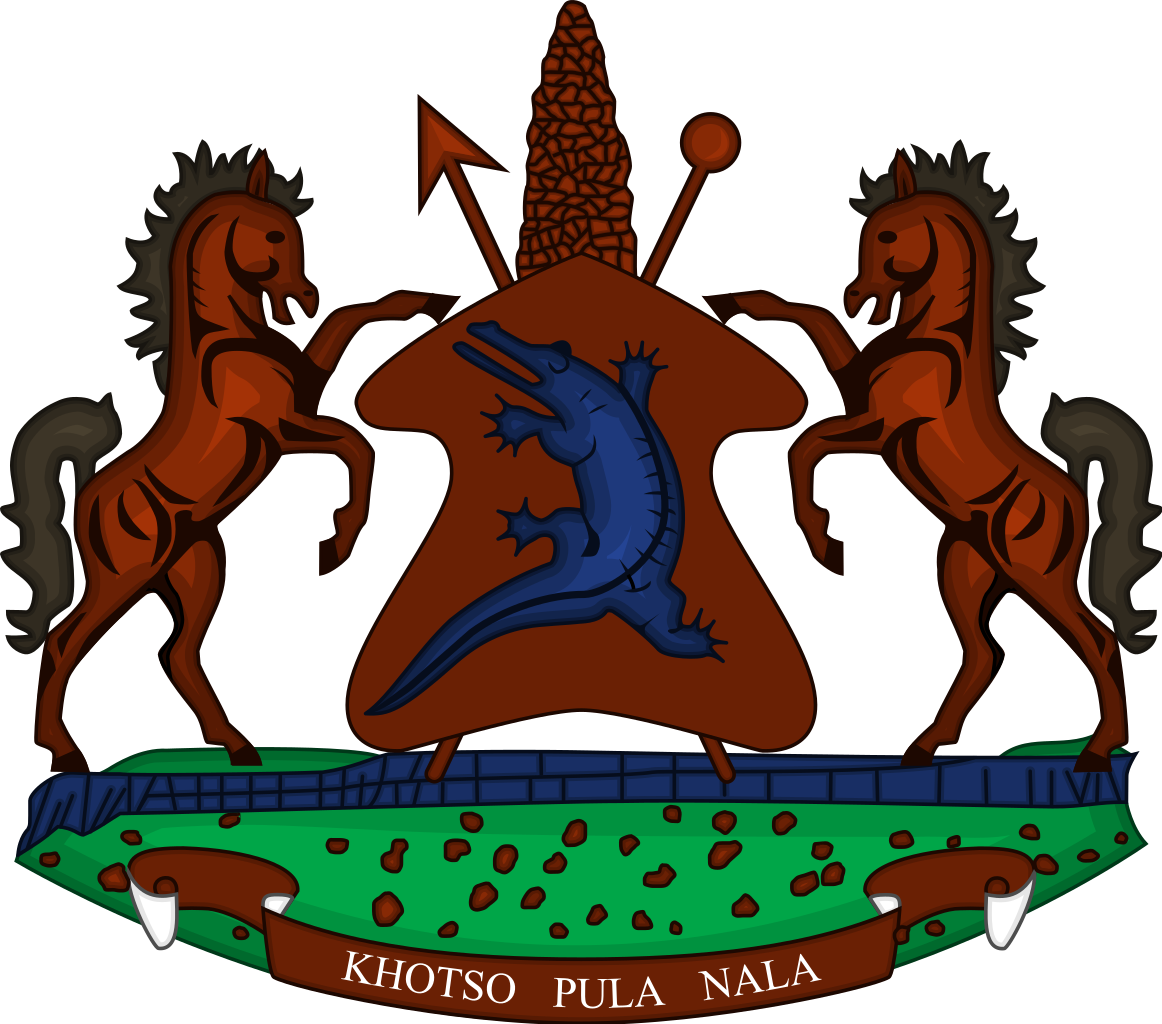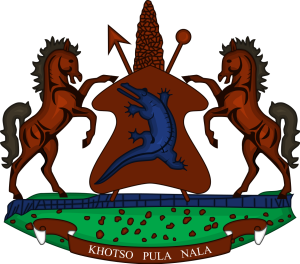Economic Overview
Lesotho’s major natural resource is water, often referred to as ‘white gold’ by the Basotho people. During 1995 and 1997, with intense construction activities involving the multi-million Lesotho Highlands Water Project, Lesotho registered an impressive economic performance – the real GDP growth rate made Lesotho one of the top ten performers in Africa at this time. Completion of a major hydropower facility in January 1998 now permits the sale of water to South Africa, generating royalties that will be an important source of income for Lesotho. The positive impact of the water project (refer to separate section for further details) and the small but rapidly growing manufacturing sector contributed to the spurt in economic growth. The lessening economic contribution of the project as it nears completion will be more than offset by royalty payments from South Africa.
The economy of Lesotho is based on subsistence farming and animal husbandry, as well as small-scale industries that include clothing, footwear, textiles, food processing and construction. The small manufacturing base depends largely on farm products to support the milling, canning, leather and jute industries.
The great majority of households gain their livelihoods from subsistence farming and migrant labour, with a large portion of the adult male workforce employed in South African mines (although the number of such mine workers has declined steadily over the past years).

In the past financial year, Lesotho’s economy slowed down substantially because of major political conflicts causing temporary disruption in business activities. Unemployment remains high and is one of the most serious problems facing Lesotho, with poverty still severe.
Invest In Lesotho

In order to attain its macroeconomic objectives, the government of Lesotho is continuing to place high priority on parastatal privatization and private sector development, with this strategy forming the primary source of growth and employment creation. Based on free market principles and private ownership of property, the Lesotho economy presents a relatively open economic and business climate. Any institutional and regulatory constraints that impede growth are being addressed.
Lesotho’s fiscal policy for 1999/2000 and beyond is focused on maintaining budgetary expenditures at sustainable levels. Characterised by the growing importance of the private sector and increased globalisation of production and trade, the economy of Lesotho faces the beginning of a purposeful development phase.
The slow-down in the world economy during 1998/99 has had far reaching effects on developing countries, with aid and private capital flows to emerging markets reducing. South Africa itself has the most developed and well-diversified economy, with agriculture, mining, secondary industry, commerce and a broad structure of service establishments contributing to the wealth of the nation. Lesotho’s ability to achieve its sustainable human development objectives is closely linked to the evolving economic and political dynamics of this larger neighbour, as well as other countries of the Southern African Development Community (SADC). Economic swings in South Africa are the largest single influence on Lesotho’s economy, with inflation following the trends in this country. Proceeds from membership in a common customs union with South Africa form the majority of government revenues expected to be significantly affected by events currently taking place in the world economy.

